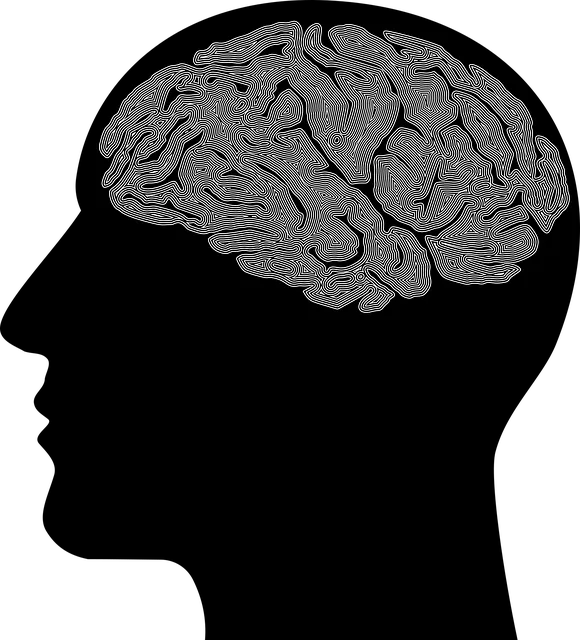The Kaiser Permanente mental health facility in Lakewood tackles unique challenges in diagnosis due to complex, culturally varied mental illness presentation. They're revolutionizing care through enhanced self-care, cultural sensitivity training, anxiety relief techniques, and advanced assessment tools. This tailored approach promotes patient engagement, informs accurate diagnoses, and fosters an inclusive environment for personalized treatment plans. Emerging technologies like AI and emotional intelligence training further bolster these efforts, promising a brighter future for mental illness diagnosis and improved outcomes at facilities like Kaiser Permanente Lakewood.
Mental illness diagnosis accuracy is a critical aspect of patient care, especially at facilities like the Kaiser Permanente Mental Health Facility in Lakewood. This article explores the challenges faced by healthcare professionals in accurately diagnosing mental health conditions and delves into innovative strategies to improve this process. We discuss comprehensive approaches, from training programs to advanced technology, that aim to enhance diagnosis accuracy. Furthermore, we look towards future innovations, highlighting potential game-changers for the field of mental health assessment.
- Understanding the Challenges at Kaiser Permanente Mental Health Facility Lakewood
- Strategies to Enhance Diagnosis Accuracy: A Comprehensive Approach
- Future Directions and Innovations for Improved Mental Illness Diagnosis
Understanding the Challenges at Kaiser Permanente Mental Health Facility Lakewood

The Kaiser Permanente mental health facility in Lakewood faces unique challenges due to the complex nature of mental illness and the diverse patient population it serves. Accurate diagnosis is a significant hurdle, as many conditions overlap, and symptoms can be subtle or vary across different cultural backgrounds. This complexity demands a tailored approach to understanding and addressing each individual’s unique needs.
The facility has recognized the importance of implementing strategies such as enhancing self-care practices for both patients and healthcare providers, fostering cultural sensitivity in mental healthcare practice, and promoting anxiety relief techniques. By focusing on these areas, Kaiser Permanente aims to improve diagnosis accuracy while creating a more inclusive and supportive environment, ultimately leading to better outcomes for patients navigating their mental health journeys.
Strategies to Enhance Diagnosis Accuracy: A Comprehensive Approach

Diagnosing mental health conditions accurately is a multifaceted challenge, and Kaiser Permanente mental health facility Lakewood has been at the forefront of implementing comprehensive strategies to enhance diagnosis accuracy. These efforts include integrating advanced assessment tools, promoting continuous training for healthcare professionals, and fostering an empathetic environment that encourages open communication between patients and providers.
One key approach involves empowering both patients and healthcare workers with burnout prevention techniques and empathy-building strategies. By equipping individuals with coping skills development programs, the facility aims to improve patient engagement and self-awareness, leading to more precise diagnoses. Additionally, these initiatives foster a supportive atmosphere where patients feel comfortable expressing their symptoms and concerns, enabling mental health professionals at Kaiser Permanente Lakewood to make informed decisions and tailor treatment plans accordingly.
Future Directions and Innovations for Improved Mental Illness Diagnosis

The future of mental illness diagnosis looks promising with emerging technologies and innovative approaches. Artificial intelligence (AI) and machine learning algorithms have shown potential in accurately identifying mental health conditions, offering personalized treatment plans based on individual patient data. This technology could greatly benefit organizations like Kaiser Permanente’s mental health facility in Lakewood, enhancing their ability to provide tailored care.
Additionally, integrating stress management techniques and emotional intelligence training into diagnostic processes can improve the overall accuracy of assessments. By focusing on the connection between mental wellness and lifestyle factors, healthcare professionals can gain deeper insights into a patient’s well-being. Such an integrated approach has the potential to revolutionize mental health diagnosis, ensuring more effective interventions and improved outcomes for individuals seeking support at facilities like Kaiser Permanente in Lakewood.
The journey towards enhancing mental illness diagnosis accuracy at Kaiser Permanente mental health facility Lakewood is an ongoing process. By implementing comprehensive strategies, such as advanced training for healthcare professionals, utilizing evidence-based assessment tools, and fostering a culture of collaboration, the facility is making significant strides. Looking ahead, embracing innovative technologies, continuous quality improvement initiatives, and further research into diverse diagnostic methodologies will ensure even more precise and timely diagnoses. These efforts ultimately aim to improve patient outcomes and provide better care within the Kaiser Permanente mental health facility Lakewood community.






